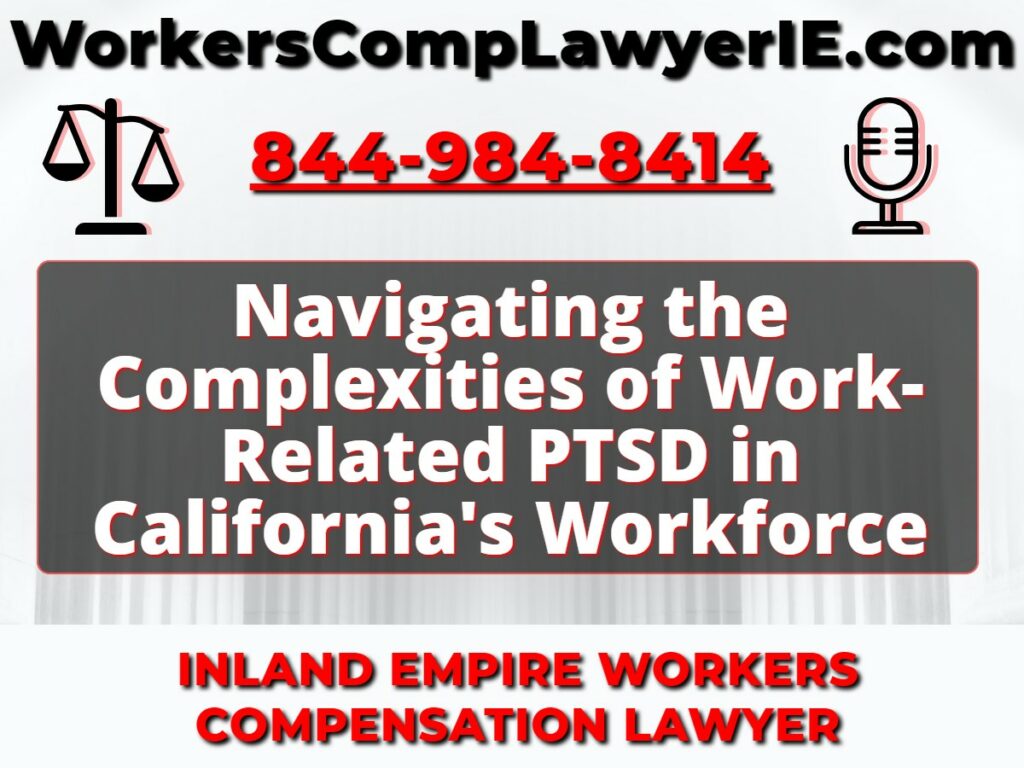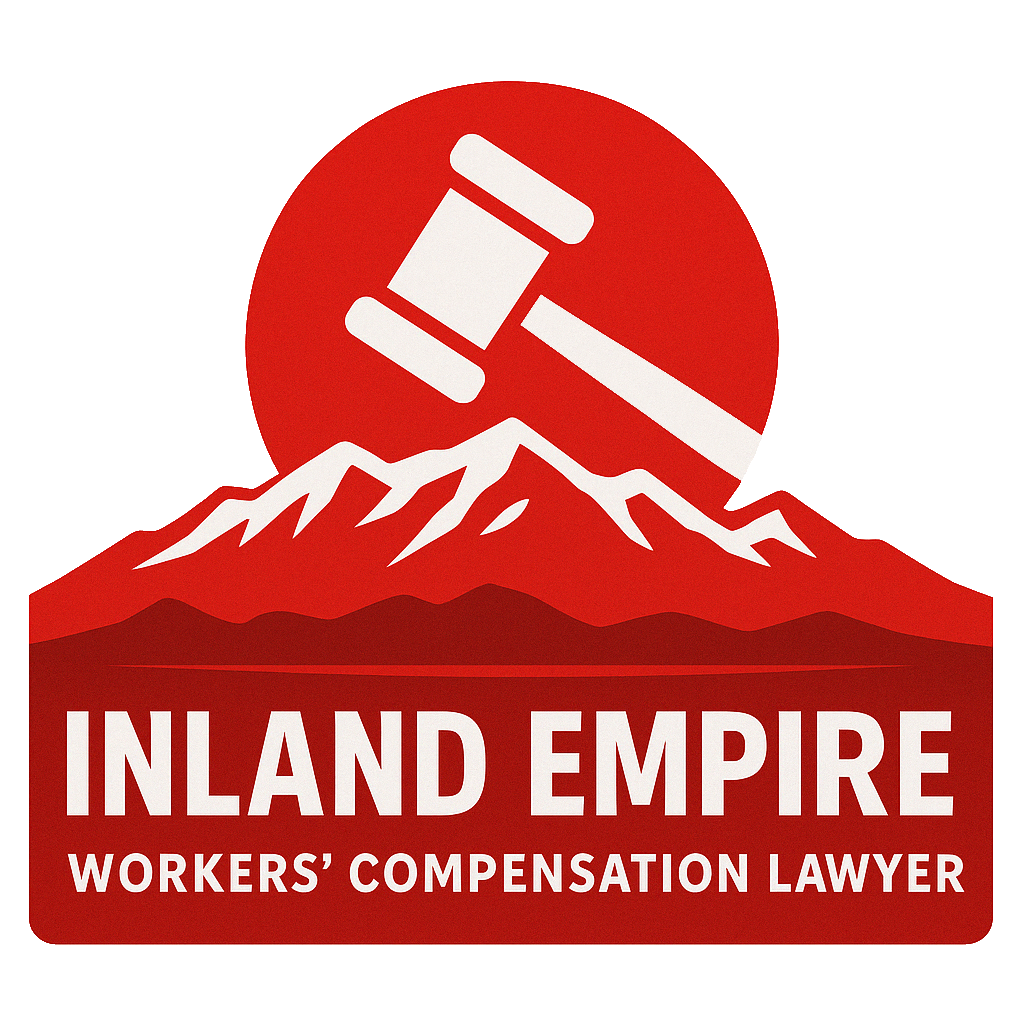Navigating the Complexities of Work-Related PTSD in California’s Workforce

Introduction to Navigating the Complexities of Work-Related PTSD in California’s Workforce
Post-traumatic stress disorder (PTSD) is a mental health condition that has long been associated with harrowing experiences in military combat. However, the evolving dynamics of California’s workplaces have revealed that PTSD isn’t exclusive to the battlefield. Many professionals face traumatic events that can lead to this debilitating condition.
Understanding PTSD
PTSD is a reaction to witnessing or experiencing a traumatic event. It can manifest in various ways, including reliving the event, avoidance behaviors, negative changes in beliefs and feelings, and hyperarousal symptoms.
Unraveling the Causes of Work-Related PTSD
The modern workplace, while designed for collaboration and growth, can sometimes be a breeding ground for traumatic experiences. Delving deeper into the causes:
– Workplace Violence: Beyond physical harm, incidents like assaults or shootings can have profound psychological repercussions. The aftermath often involves grappling with fear, anxiety, and a sense of vulnerability.
– Significant Traumatic Events: Natural disasters, large-scale accidents, or even unexpected deaths at work can lead to PTSD. The suddenness and shock associated with such events can be overwhelming.
– Sexual Harassment or Assault: Beyond the immediate trauma, such incidents can lead to feelings of shame, guilt, and prolonged distress.
Occupations at Higher Risk for PTSD
Certain professions inherently expose individuals to traumatic experiences more frequently:
– First Responders: Facing emergencies is part of their job. However, the human mind isn’t always equipped to process the tragedies they witness.
– Healthcare Workers: Regularly dealing with life-and-death situations, witnessing patient suffering, or even losing patients can be traumatic.
– Military Personnel: Even outside combat zones, training accidents or witnessing harm to fellow soldiers can be distressing.
Legal Provisions in California for PTSD
California recognizes the severity of work-related PTSD and has legal provisions to protect the rights of affected workers. Understanding the legal landscape can empower victims to seek justice and compensation.
The Path to Workers’ Compensation in California
California’s legal framework is designed to support workers grappling with PTSD:
– Immediate Medical Treatment: Seeking timely medical attention is paramount. Proper documentation can serve as evidence later.
– Employer Notification: A formal record of the incident, preferably in writing, can be crucial during claims.
– Filing a Claim: A detailed claim, backed by evidence and medical records, can make the difference between a successful and denied claim.
– Medical Evaluations and Hearings: These processes are pivotal in determining the severity of PTSD and the corresponding compensation.
Conclusion to Navigating the Complexities of Work-Related PTSD in California’s Workforce
The legal maze surrounding work-related PTSD claims can be intricate. An experienced attorney can illuminate the path, ensuring victims aren’t shortchanged and receive the compensation they deserve. At Inland Empire Workers’ Compensation Lawyer, we understand the profound impact of work-related PTSD. Our extensive litigation experience positions us uniquely to champion your rights. If you or a loved one is grappling with such challenges, reach out to us at (844) 984-8414. Your well-being is our priority.
